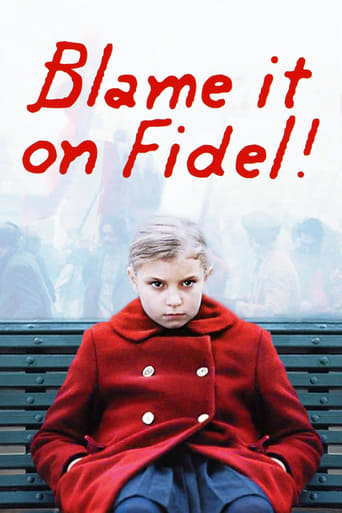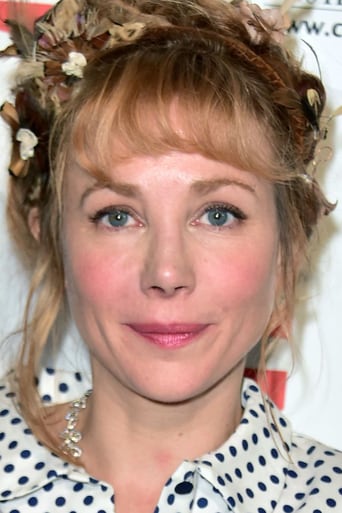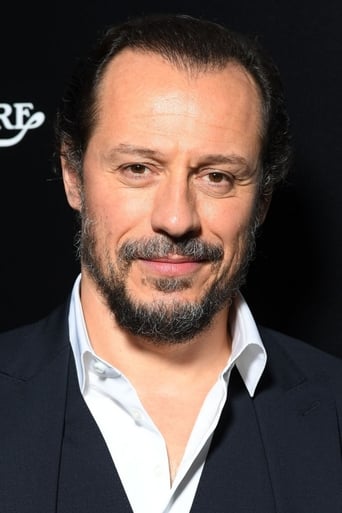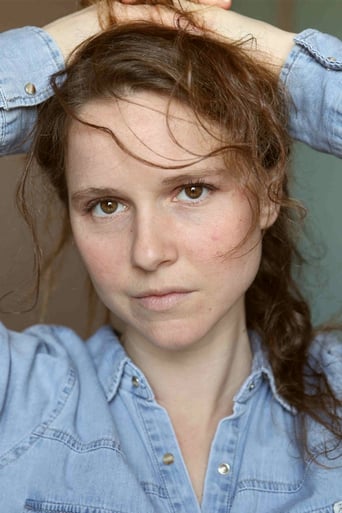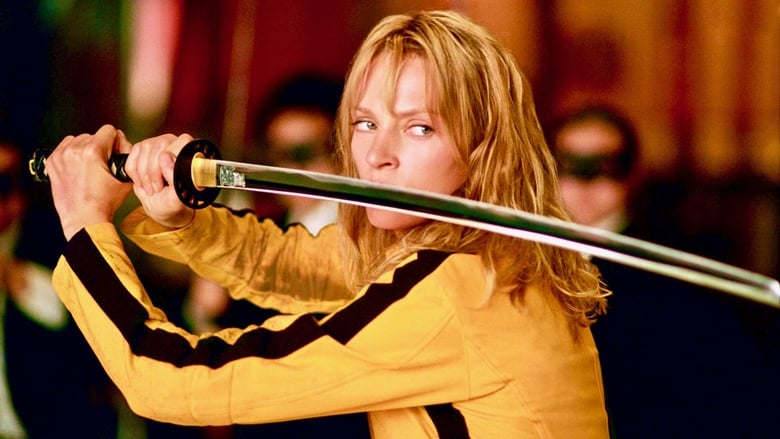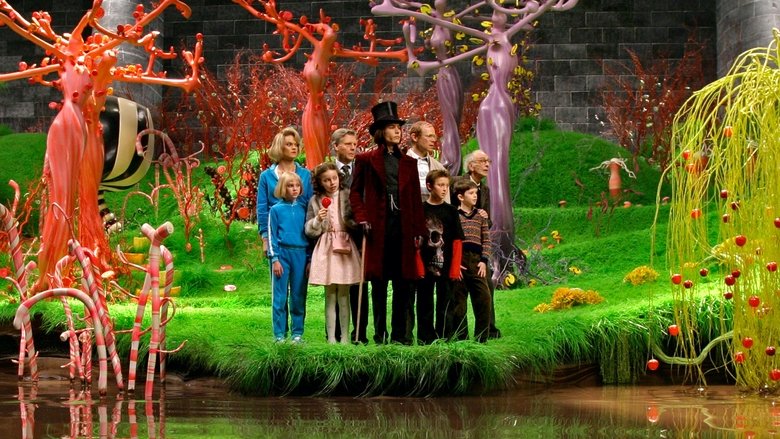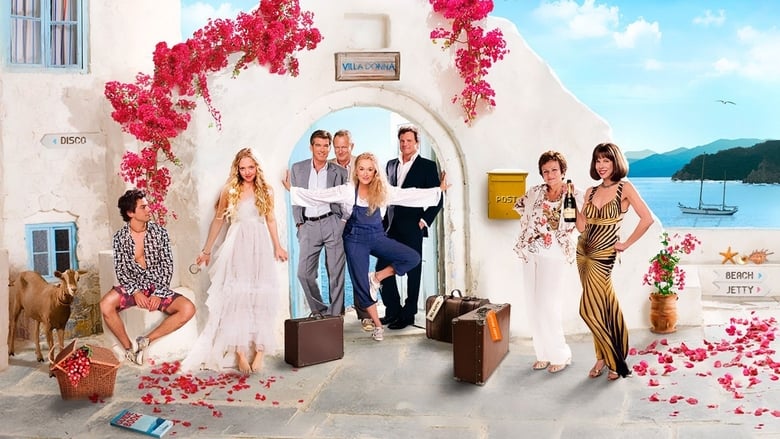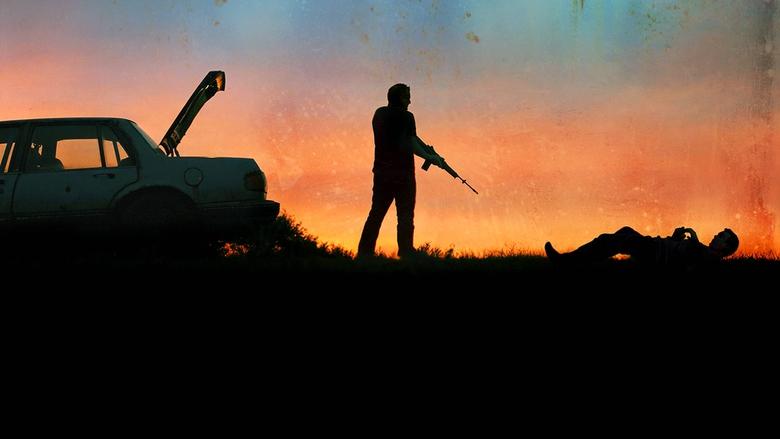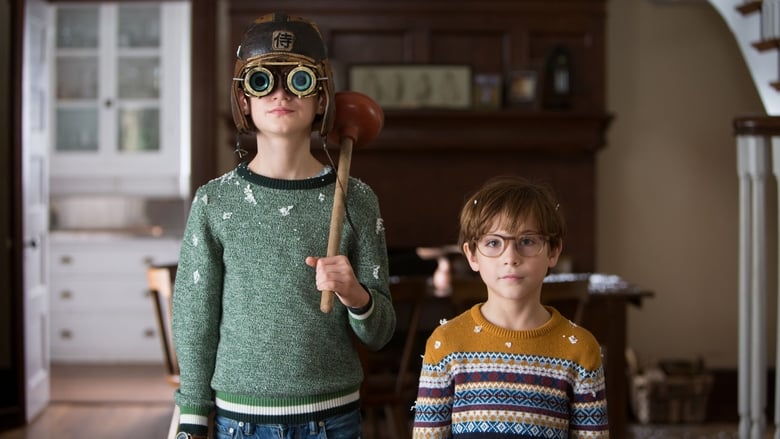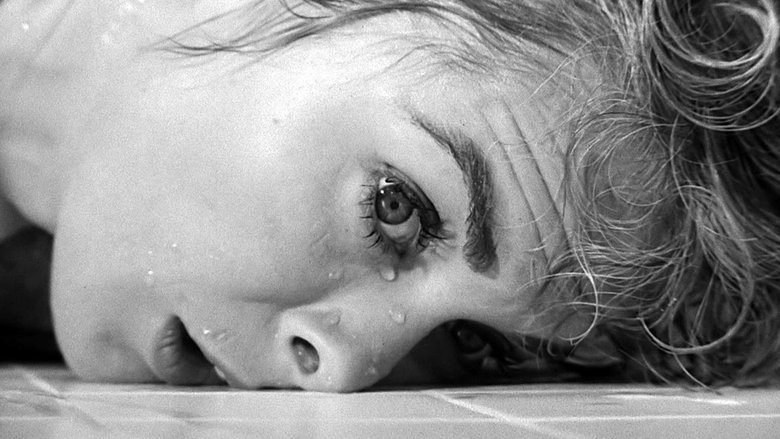A 9-year-old girl weathers big changes in her household as her parents become radical political activists in 1970-71 Paris.


Similar titles
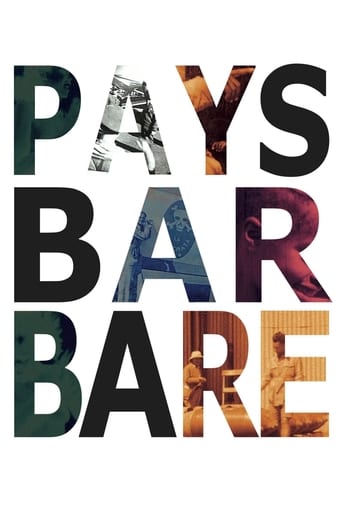
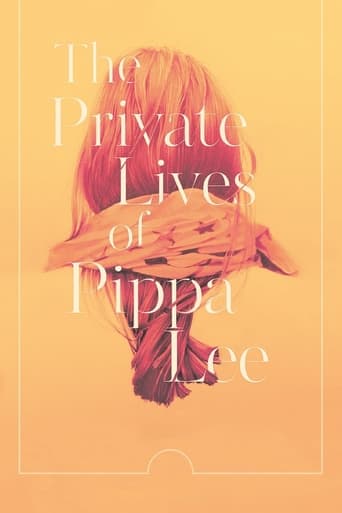
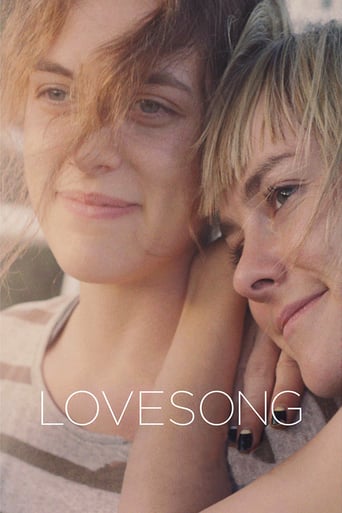
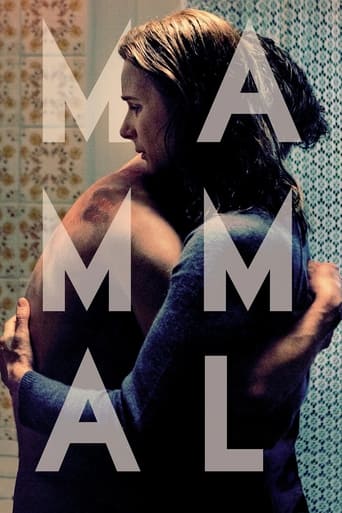
Reviews
Julie Gavras, the director, is a power house judging by this film. She wrote the script, based on a novel by Domitilla Calamai, and directed what seems like an honest film with depth. Anna de la Mesa is a young girl, a daughter to wealthy parents and grandparents, whose parents become communists and politically active in the 70's. They move from a large house to a small flat, always full with activists, and all the princess-like reality is shattered. The girl, serious, competitive and intense resists the changes with all her might, but slowly, certain people and certain stories reach her, and she softens. Her little brother is captivating-funny, sweet and smart, and there's a brief moment where you see how she crosses the line to finally seeing him. I loved the little actress. Something else I loved-how the relationships with the parents are not embellished but appear in all their errors, rough edges and tenderness. The director is Costa Gavras's daughter, and the mother is played by Julie Depardieu-Gerard's daughter.
In this movie, a young girl's parents start moving in radical circles; and as this means giving up some of her privileges, she doesn't like it. But she's a natural free-thinker (though not yet a rebel), which causes her to question authority on both sides of the political divide. There are some nice observations, but the overall film didn't quite work for me: for example, it ends with the death of Salvador Allende and his last, heroic speech, a story that is great and terrible, but it's hard to believe it would be defining for the character. There are small things to enjoy here, but the film never altogether moves beyond its basic premise.
Yes, blame it on Julie Gavras for making one of the most boring and clichéd films ever to concern childhood.I can't believe how excited I was in looking forward to seeing this film. As it turns out, I was bitterly disappointed. I'll save you the nonsense essays about the 1960's and revolutions. In this contrived film they have little relevance except to act as a crutch for a film that is teetering on disaster.As for the so called little girl - Nina Kervel-Bey. Do you know of any soulless, miserable children of nine years going on ninety years of age? I don't. Is Gavras really trying to tell us that children become traumatised because of their parent's political changes? What nonsense. Maybe she should visit a few homes where children have really been traumatised by horrid experiences.Key features missing from this film are warmth, love and compassion. A po faced Kervel-Bey and her entourage just don't deliver. Any humour there is comes from a few glib lines from her father. Moreover most of the 'action' takes place within a claustrophobic interior.Should Ms Gavras ever venture into making other films with children she would do well to watch "Jeux Interdit" or "Anche Libero Va Bene". And had she watched the exceptional "Together" by Lukas Moodysson she wouldn't have bothered making "Blame It On Fidel".If nothing else Ms Gavras has performed a minor miracle. She has managed to combine two key French elements into one film. Namely the bourgeoisie and the lumpen proletariat. Maybe that's why it's such a dog's dinner of a film. At least with one or the other genres one knows who is the real enemy.Zero points because it wasted some of my life when I could have been plucking chickens.
BLAME IT ON FIDEL! ('La Faute à Fidel!) is an enlightening film from France's fine director Julie Gavras, a story based on the novel 'Tutta colpa di Fidel' by Domitilla Calamai that addresses the effect of major political, philosophical, and activist effects on children. What makes this fine film unique is the child's stance on the adult politics: what may seem like exciting challenges for change of an existing corrupt system for the adults may indeed be an unwanted rearrangement of the wants and needs of children whose political acumen is less advanced than the need for order and consistency in everyday life.The story takes place in Paris in 1970 - 1971. 9-year-old Anna de la Mesa (Nina Kervel-Bey) is a bright child who loves the divinity aspects of her Catholic school and enjoys the wealthy bourgeois elegance that surrounds her. She and her little brother François (Benjamin Feuillet) are informed that their aunt, an anti-Franco activist from Spain, will be moving in with Anna and her parents Fernando (Stefano Accorsi) and Marie (Julie Depardieu). This critical move incites a change in philosophy for Anna's parents and soon they become enchanted with the rise of Allende in Chile and embrace the Socialist mindset and the promised feminist movement changes, moving from their elegant house into a small apartment and demanding that Anna give up her divinity studies 'because the are against Communist thought'. As liaison in France for Chilean activists, Fernando holds strange and frequent meetings, disturbing further the life Anna loves. While little François is able to go along with the life changes, Anna rebels and refuses to alter her goals and needs merely for the 'fad' of her father's frequent trips to Chile while leaving behind her mother to continue writing articles for the ('bourgeois') French magazine Marie-Claire! As the political upheavals increase Anna is more pugnacious in demanding her rights and the finest moments of the story demonstrate how a child can respond to political change and still find her 'place' in the world that she chooses! The pacing of the film is fast and captures the exhilaration of the foment 'round the world in the early 1970s. The cast is excellent, especially the children who have not had prior exposure to acting. The message is a potent one that deserves our attention both as informative of a political era and as a piece of veritas cinema from a fine director and crew. In French and Spanish with English subtitles. Highly recommended. Grady Harp
